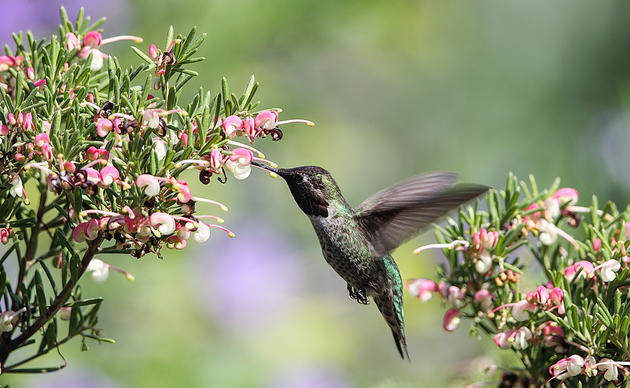Audubon California is urging the U.S. Fish & Wildlife Service to renew its request to the Navy for transfer of the proposed Alameda Point National Wildlife Refuge to the United States Fish & Wildlife Service. This would result in the designation of the property as a refuge, which would be best long-term solution for the conservation challenges there. Protection of this property and management for endangered species conservation is critical to the survival and recovery of the endangered California Least Tern, and other bay wetland related species at and near the site. (photo by Eleanor Briccetti)
The proposed wildlife refuge has long been recognized for its importance to the California Least Tern, which began nesting there by 1976 when the Naval Air Station was still operational. Faced with loss and degradation of the once extensive bay-beach habitats historically used by the terns during nesting, California Least Terns colonized the base’s tarmac, which despite the challenge of airplane use, shared important characteristics of historic breeding habitats: unobstructed panoramic views against predators and access to nearby productive open water foraging habitats. Management for California Least Tern conservation during base operations and subsequent to closure helped to grow the breeding colony from the ten breeding pairs documented in 1976 to over 300 and 400 pairs since 2003. The breeding colony now ranks in the world’s top ten colonies for breeding pairs and fledgling production, making it a critical source of population growth and spread of the species.
In addition to its importance to the California Least Tern, the site is a valuable resource for over 140 species of birds that have been observed at the proposed refuge’s wetland, grassland, and open water habitats in the last few years. The proposed wildlife refuge also provides the largest known roosting location for California Brown Pelicans in the San Francisco Bay Area. As many as 8,500 pelicans have been observed at one evening roost count (July 2006), and seasonal numbers reach 1,000-3,000 pelicans roosting on the breakwater island.
Due primarily to the site’s California Least Tern breeding colony, Audubon California designated the proposed Alameda Point Wildlife Refuge as one of California’s 145 Important Bird Areas. Important Bird Areas are part of a global and international network of bird conservation, representing the most critical habitats for bird populations worldwide.
By Garrison Frost
Monthly Giving
Our monthly giving program offers the peace of mind that you’re doing your part every day.




